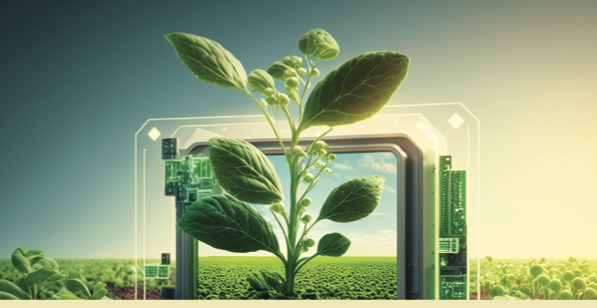Modern agriculture frequently makes use of cutting-edge technologies including robotics, temperature and moisture sensors, aerial photographs, and GPS.
Agribusinesses are now able to operate more profitably, efficiently, safely, and environmentally friendly thanks to these cutting-edge gadgets, robotic systems, and precision agriculture.
With the help of big data, cutting-edge technologies, such as the Internet of Things, drone footage, and smartphone apps, smart farming and precision agriculture can collect as much material and produce enough while using fewer energy and inputs. (fertilizers, phytosanitary products, water).
Technology has a direct relationship with sustainability. Some of its impacts are decreasing use of water, fertilizer, and pesticides, which in turn keeps food prices down. It also reduces impact on natural ecosystems as well as ensuring less runoff of chemicals into rivers and groundwater.
According to an article published by Hutchins, he asserted that sustainability is a survival concern, but it goes much beyond the idea of habitat loss and soil erosion. He indicated that, sustainability encompasses the pursuit of food production, the welfare of food producers, and the protection of non-renewable resources. To that end, technology of all kinds has been and will continue to be the enabling human creation that connects these two overarching goals.
“In fact, technological advancements in recent years have demonstrated how important they have been to agricultural productivity and stability, and common sense leads us to believe that technology will support sustainable agriculture,” Hutchins said.


Comments are closed.